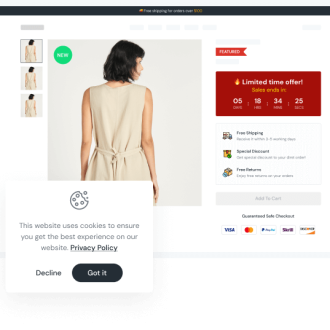Are you ready to revolutionize your eCommerce game? One powerful tool that can help you stay ahead of the competition is marketing automation. Whether you’re a newcomer to eCommerce or an industry expert, this article will guide you through the journey of eCommerce marketing automation, from novice to expert.
What Is eCommerce Marketing Automation?
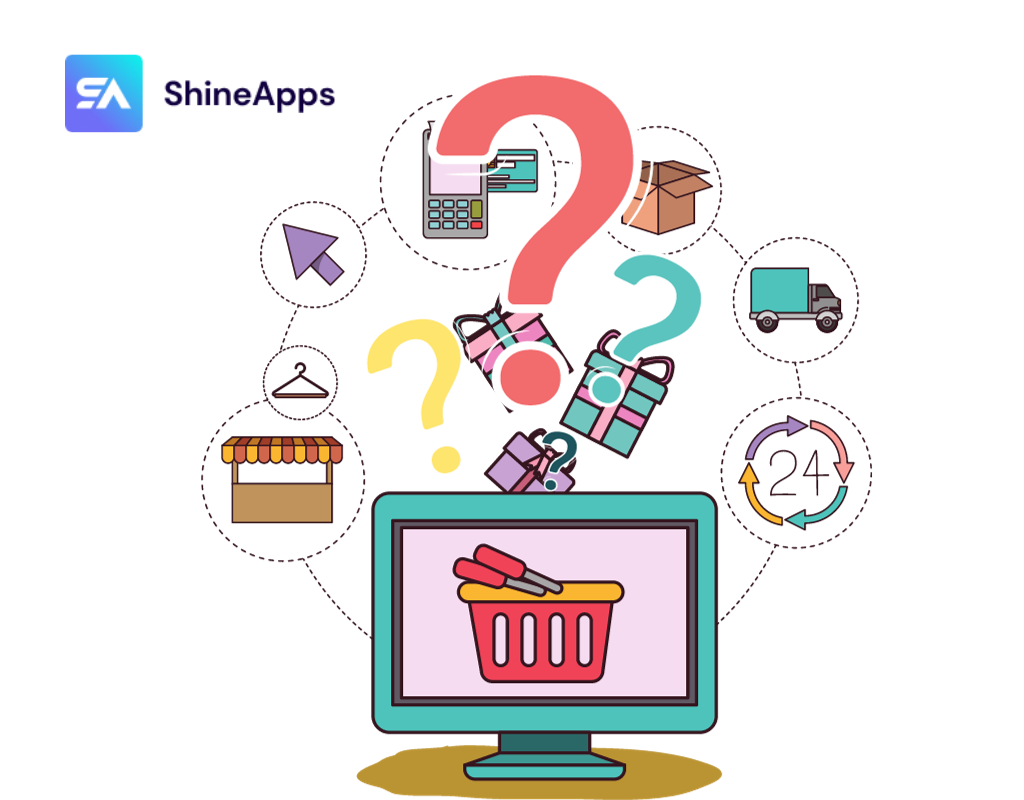
Marketing automation is a technology-driven approach that empowers businesses to automate repetitive marketing tasks and processes. In the context of eCommerce, this means automating different aspects of your marketing strategy, such as email marketing, social media posting, customer segmentation, and even personalized product recommendations. The goal is to enhance the customer experience, increase efficiency, and drive revenue growth.
How does Marketing Automation Software work?
The software assists businesses in identifying their target audience, enabling the creation of tailored marketing campaigns. It typically provides a user-friendly, drag-and-drop interface for quickly and efficiently creating marketing campaigns. Businesses can customize these campaigns by adding images, videos, or text and segmenting and targeting specific audience groups.
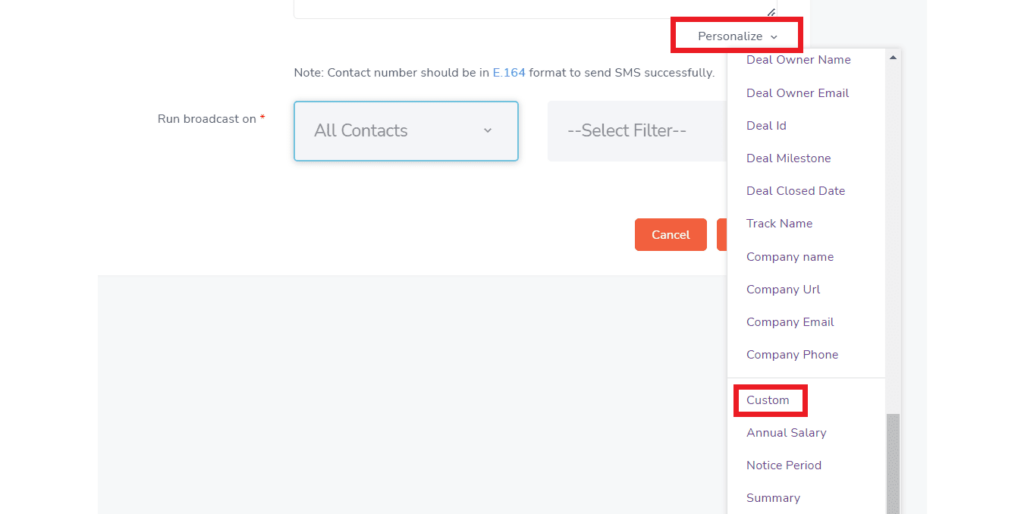
Once the campaign is set up, the software takes over the process of sending emails or messages. You can schedule when and how frequently these messages are sent or trigger them based on specific events or customer behaviors. This eliminates the need for manual outreach efforts.
The software also tracks campaign performance, providing valuable insights for businesses to refine their marketing strategies. In essence, marketing automation software is a must-have for eCommerce businesses, as it automates tedious marketing tasks and enhances overall efficiency.
Benefits of eCommerce Marketing Automation

eCommerce marketing automation offers a multitude of benefits for businesses looking to streamline their online marketing efforts and boost their bottom line. Let’s delve into some of the key advantages:
- Freedom to Focus on Strategic Tasks: By automating manual and repetitive tasks, marketing teams can dedicate more time to activities that require human creativity and strategic thinking.
- Deliver Highly Targeted Messaging: Marketing automation enables audience segmentation, facilitating personalized and relevant customer experiences. For example, a shampoo brand can automatically promote frizz-control products to customers in New York City when summer humidity hits.
- Improve Lead Management: Centralized data collection and storage empower all team members to provide better customer service. Access to a customer’s interaction history and product preferences allows for more personalized assistance.
- Increase Sales and Revenue: When done correctly, eCommerce marketing automation can significantly boost your sales. Personalized product recommendations, abandoned cart recovery emails, and targeted promotions can all lead to higher conversion rates and revenue growth.
- Time and Cost Savings: Automating repetitive marketing tasks frees up valuable time for your marketing team. This efficiency not only reduces labor costs but also allows your team to focus on more strategic and creative aspects of your campaigns.
- Better Customer Segmentation: With marketing automation, you can segment your customer base based on various criteria such as purchase history, demographics, and online behavior. This segmentation allows you to tailor your marketing messages to specific customer groups, increasing the relevance and impact of your campaigns.
Types of marketing automation
Marketing automation encompasses a wide range of tools and strategies designed to streamline and optimize marketing processes. Here are some common types of eCommerce Marketing Automation:
1. Email Marketing Automation

Email marketing is a vital component of any marketing strategy. However, manually sending and responding to emails becomes impractical as your business grows.
Email marketing automation tools help streamline this process, making it efficient and scalable. Whether it’s promotional, transactional, or conversational emails, automation ensures that you can effectively reach your audience without the burden of manual tasks.
2. CRM Automation
Customer Relationship Management (CRM) automation complements email marketing by focusing on lead management and customer retention. CRM automation helps sales and customer service teams engage with customers across different channels, enabling you to:
- Target specific audiences with relevant content.
- Predict customer behavior based on past interactions.
- Create opportunities for retargeting, upselling, and cross-selling.
Effective CRM automation enhances sales effectiveness and builds stronger customer relationships by providing better service.
3. Facebook Advertising Automation
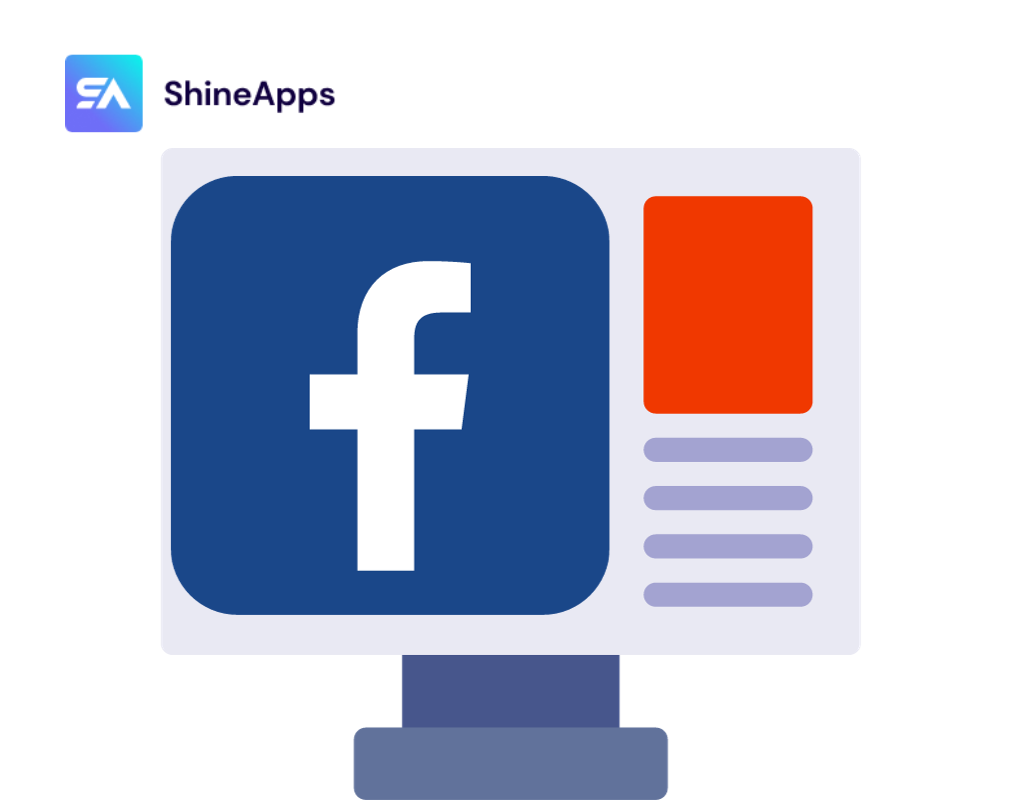
Facebook advertising is a powerful tool for lead generation, especially when integrated with your CRM system. It offers various ad formats, such as single images or videos, and allows you to automate lead capture from your ad campaigns. Key benefits of Facebook advertising include:
- Leveraging mobile optimization to reach a wider audience.
- Conducting A/B testing to improve lead generation effectiveness.
- Tracking key performance metrics using the Facebook pixel and integrating with your website or app management tools.
4. Customer Segmentation
Divide your customer list into specific groups based on criteria like demographics, purchase history, or behavior. This segmentation allows you to send highly targeted and relevant messages and offers to each group, improving engagement and conversions.
5. Personalized Product Recommendations

Utilize algorithms to analyze customer browsing and purchase history. Then, use this data to automatically suggest products that match their interests and preferences. Personalized recommendations can boost cross-selling and upselling opportunities, increasing revenue.
6. Abandoned Cart Recovery
Implement automated email sequences to re-engage customers who abandon their shopping carts without completing a purchase. These emails can remind them of the items in their carts, offer incentives, and encourage them to finalize their transactions.
These automation strategies not only save time but also enhance the efficiency and effectiveness of your marketing efforts, ultimately driving growth and success for your business.
How To Create A Marketing Automation Strategy
To create an effective marketing automation strategy, follow these best practices:
Step 1: Set Clear Goals
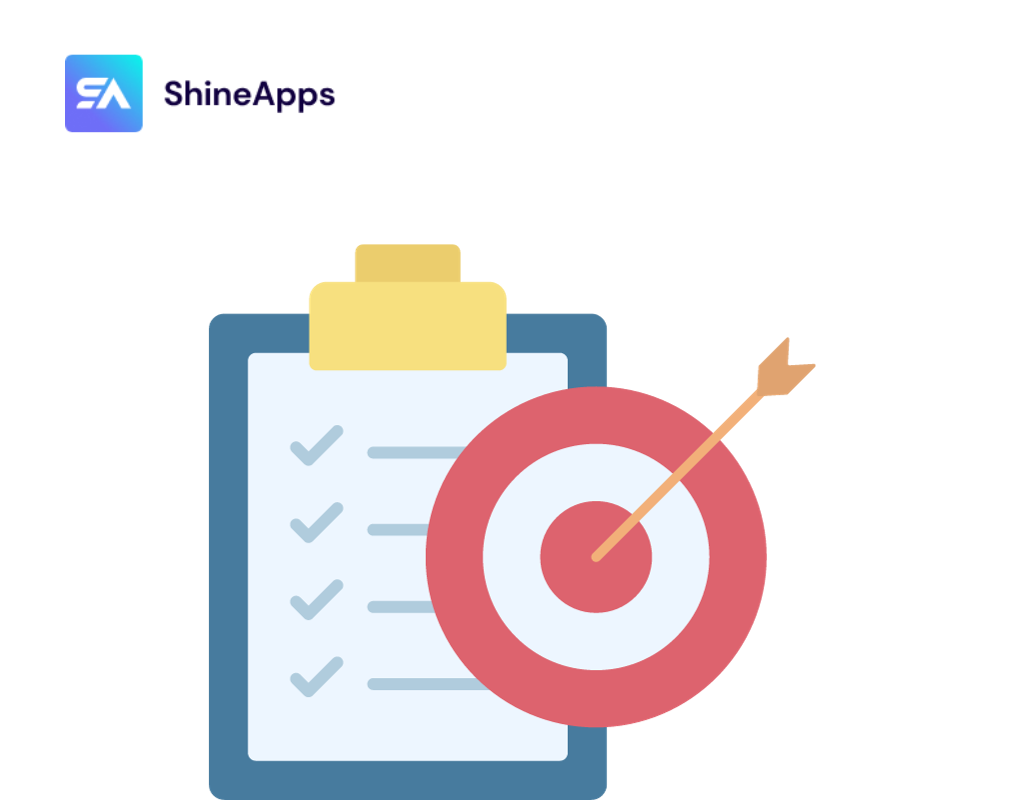
Define specific and measurable objectives for your marketing campaigns. For example, you might aim to sell a minimum of 1,000 shoes per month through Instagram and Facebook campaigns if you’re a shoe designer.
Step 2: Segment Your Audience
Divide your audience into distinct segments, or buyer personas. This enables you to deliver tailored messages and product recommendations to different customer groups. For instance, you can email customers who have previously bought running shoes to inform them about your new trail running shoe.
Step 3: Map the Customer Journey

Visualize the customer journey through your marketing funnel. Determine how customers move from awareness to purchase. Identify key touchpoints, such as seeing an Instagram ad, visiting a product landing page, signing up for a discount via email, and making a purchase. Define what you want to achieve at each stage.
Step 4: Test and Refine
Continuously monitor and evaluate your marketing campaigns. Use A/B testing to experiment with different messaging, platforms, and email subject lines to determine what resonates best with your audience. Make data-driven adjustments and refinements to optimize your marketing efforts.
By following these practices, you can create a marketing automation strategy that aligns with your business goals, engages your audience effectively, and continually improves your marketing performance.
Best Ecommerce Marketing Automation Platforms

There are several eCommerce marketing automation platforms to consider for your business. Each platform offers a range of features to help you achieve your marketing and sales goals. Here are some of the well-known eCommerce marketing automation platforms:
- Mailchimp: Mailchimp is known for its email marketing capabilities, offering tools for creating targeted email campaigns, managing customer relationships, and tracking email marketing ROI. Its user-friendly drag-and-drop editor simplifies campaign creation.
- EngageBay: This software is an all-in-one marketing automation and CRM solution, catering to bloggers, digital marketers, and small businesses. It offers a variety of marketing, sales, and customer retention tools to enhance audience engagement.
- Salesforce: This is a cloud-based CRM platform with automation features like segmentation, workflow rules, and automated emails. It excels in lead generation, helping you capture leads from various channels.
- HubSpot: HubSpot is a popular eCommerce marketing automation platform offering marketing automation, email marketing, lead management, and analytics. Its robust personalization capabilities enable you to customize messages for individual customers and create automated workflows.
- Zoho: This platform is an integrated suite of applications designed for digital marketing efforts. It provides automation tools for tasks such as lead scoring, email campaigns, and more.
When selecting an eCommerce marketing automation platform, it’s crucial to choose one that aligns with your specific business needs and objectives. Additionally, consider leveraging the platform’s tutorials and support resources to maximize the benefits of your marketing automation efforts.
Get Started with Marketing Automation Today!
eCommerce Marketing Automation is a game-changer for online retailers looking to enhance their marketing strategies, boost sales, and provide exceptional customer experiences. Start your journey towards eCommerce success today by embracing marketing automation and unlocking its full potential. Your customers will thank you, and your business will reap the rewards.



